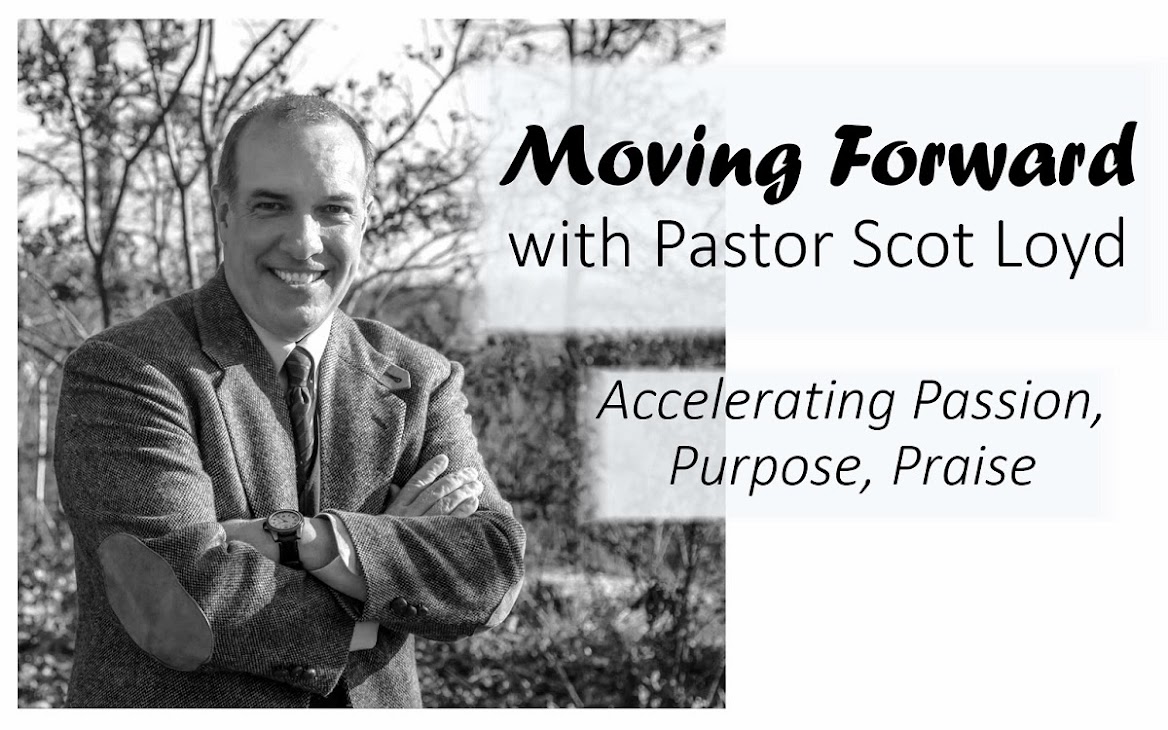1 John 2:1-2 says this, “My little
children, I am writing these things to you so that you may not sin. But if
anyone does sin, we have an advocate with the Father, Jesus Christ the
righteous. He is the propitiation for our sins, and not for ours only but for
the sins of the whole world.” Because of our newfound identity in Christ, our
past sins are forgiven, but also our present, and future sins. This does not negate the need for repentance, but highlights it, in that if we sin, God has secured for us both the means and the ends by which forgiveness is granted. John writes, “If
anyone does sin…” The word “does” is the present tense of the verb “to do”.
Therefore the substitution of Christ on the cross, receiving in His body the
wrath of God the Father, on our behalf covers our present sins.
These sins persist in our flesh,
and our described by Paul in Galatians 5:19-21 as works of the flesh. These
desires persist in our flesh, and can only be combated through a healthy
cultivation of life in the Spirit, as Paul points out in Galatians 5:16-17,
“But I say, walk by the Spirit, and you will not gratify the desires of the
flesh. For the desires of the flesh are against the Spirit, and the desires of
the Spirit are against the flesh, for these are opposed to each other, to keep
you from doing the things you want to do.”
Paul describes his own battle with
these sinful desires in Romans 7:15 “For I do not understand my own actions.
For I do not do what I want, but I do the thing I hate.” Paul goes on to point
out in verse 18, “For I know that nothing good dwells in me, that is, in my
flesh. For I have the desire to do what is right, but not the ability to carry
it out.” Now Paul is writing this from the position of a person who has been
transformed from a sinful past of crimes including murder and persecution of
Christians. Yet even in this state of salvation and fulfilling the office of an
Apostle, he says of himself, “I know that nothing good dwells in me, that is,
in my flesh.” And in verse 24, he calls himself a “Wretched man”, and asks the
question “Who will deliver me from the
body of this death?” The verb here "will" is the future progressive tense that describes an ongoing or
continuous action that will take place in the future. So then Paul is
describing is ongoing and continuous deliverance from the "no good" that is
within him. This includes present and future sin! And the answer to Paul’s
question in verse 24 is found in verse 25, “Thanks be to God through Jesus Christ our Lord!” This ongoing and progressive work will be completed when Christ returns, John writes "Beloved, we are God's children now, and what we will be has not yet appeared; but we know that when He appears we shall be like Him, because we shall see Him as He is." (1 John 3:2)
An important aspect of our redemption is that it is
simultaneously complete and ongoing. It is complete in that our position before
God has been secured, according to Ephesians 2:4-6 “But God, being rich in
mercy, because of the great love with which He loved us, even when we were dead
in our trespasses, made us alive together with Christ-by grace you have been
saved-and raised us up with Him and seated us with Him in the heavenly places
in Christ Jesus.” It is ongoing in that we are are daily being conformed to the
image of His Son, according to 2 Corinthians 3:18 “And we all, with unveiled
face, beholding the glory of the Lord are being transformed into the same image
from one degree of glory to another. For this comes from the Lord who is that
Spirit."
The depth and reach of the gospel in our lives is awe-inspiring.
Truly we have moved from death to life through the finished work and ongoing
ministry of Jesus Christ, as the writer of Hebrews declares, “…He is able to
save to the uttermost (completely, at all times) those who draw near to God
through Him, since He always lives to make intercession for them.” Because of
His grace, God will always see to it that we are kept by Him and if need be
brought back to Him, through the gifts of repentance and faith. For those who
have found a new identity in Christ our sins are forgiven, past, present and
future, and our destiny is secure in Christ alone!


No comments :
Post a Comment